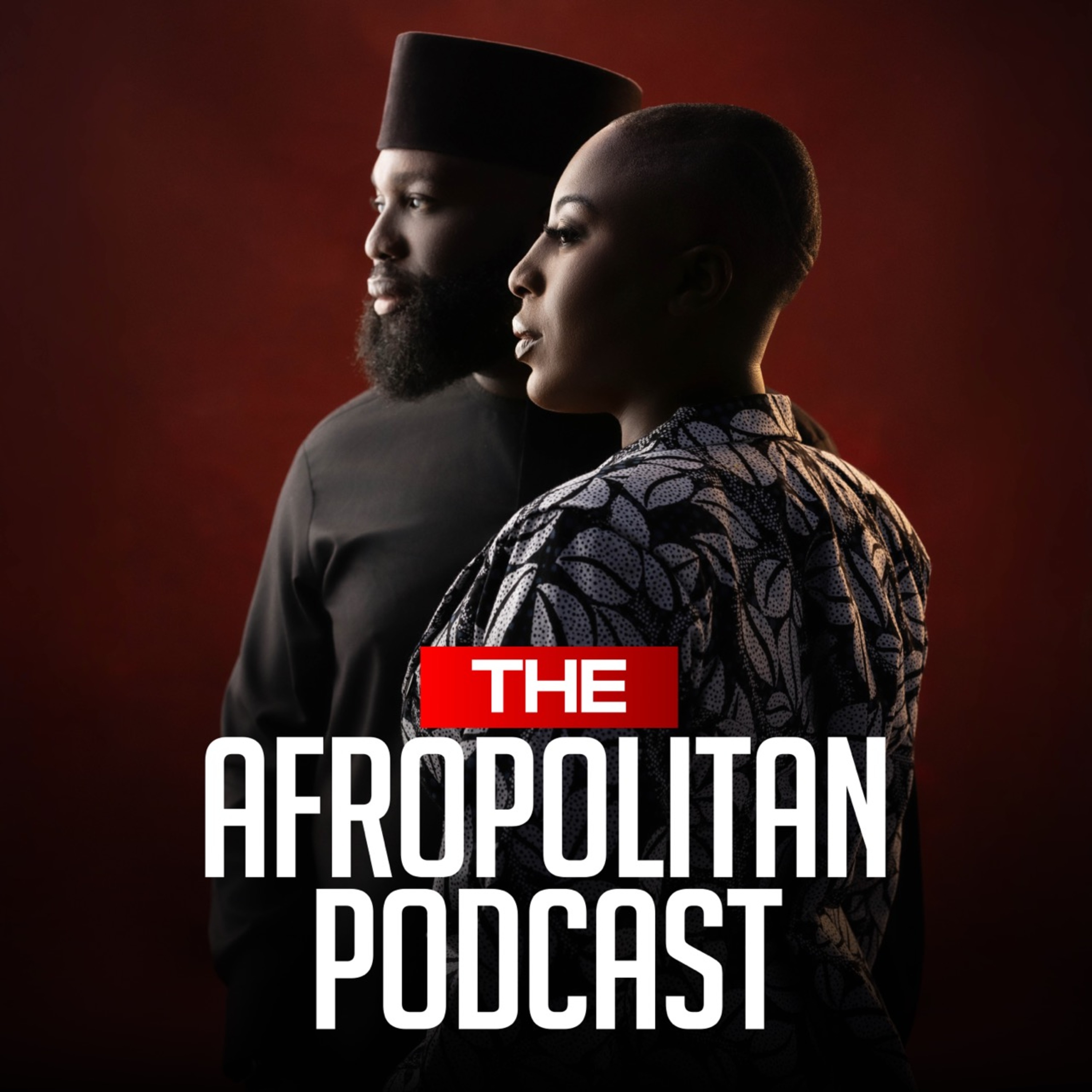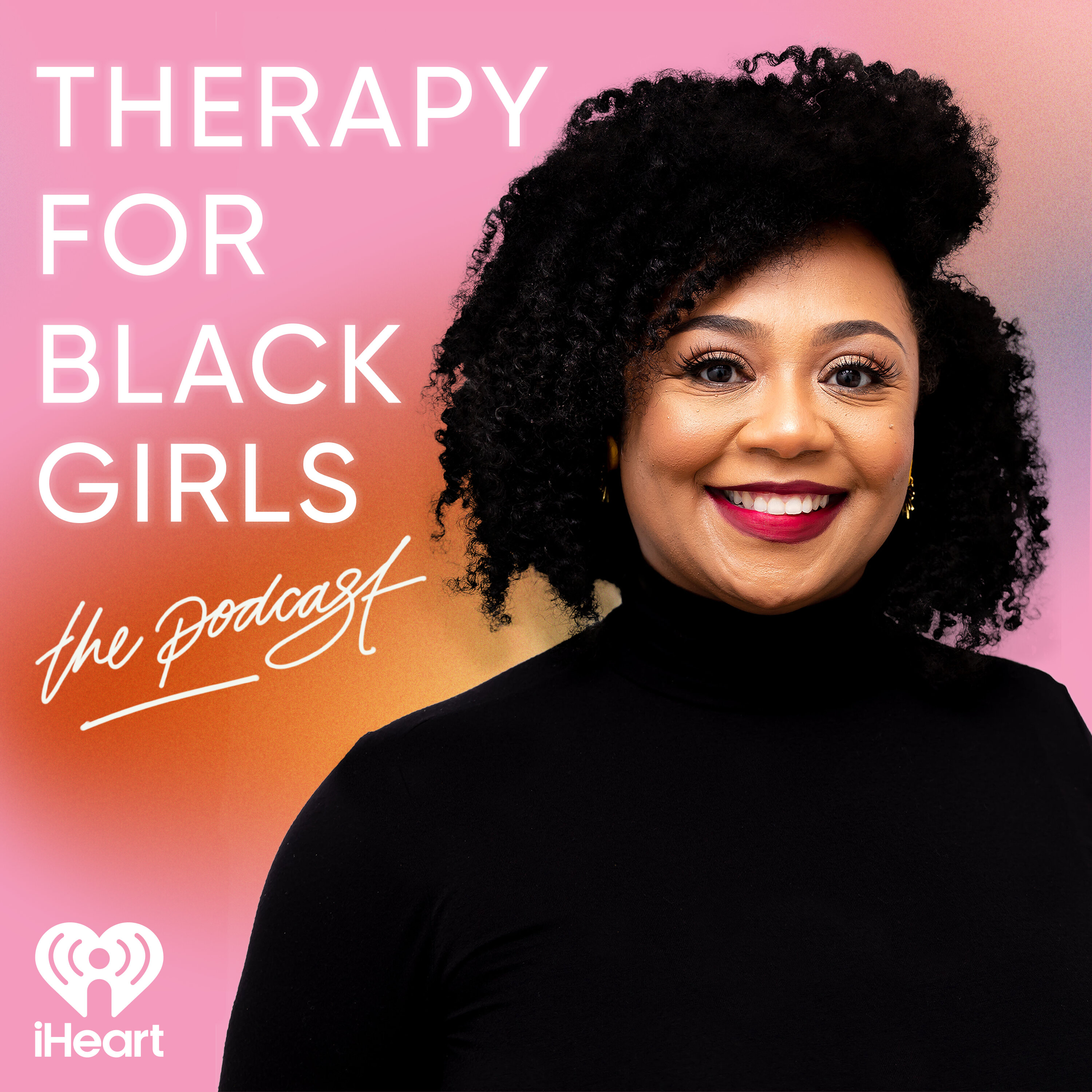
Unapologetically Whole
Unapologetically Whole is the podcast for anyone who’s ever felt invisible while holding everyone else together. Hosted by attorney, advocate, and lifelong caregiver Lola Dada-Olley, this show is a raw, honest invitation to reclaim your story and rebuild your sense of self without abandoning your responsibilities or values. Through deeply personal storytelling and candid conversations, Lola explores the layers we carry: as caregivers, professionals, parents, partners, and cycle-breakers navigating cultural stigma, trauma, and the pursuit of wholeness in a world that often asks us to disappear.
Each episode offers a practical, three-part framework for transformation: Recognize the lane you’re in, Redefine success beyond external validation, and Reimagine what it means to truly thrive. You’ll hear real lessons from lived experience—how to hold the tension between vigilance and joy, how to honor incremental progress, and how to shine your light in a world that can feel dark. Whether you’re a caregiver, a leader, or simply someone searching for permission to exist beyond your roles, Unapologetically Whole bridges the gap between personal healing and professional reinvention, creating space for authentic community and honest growth.
This podcast is the companion to Lola’s forthcoming memoir, Unapologetically Whole: A Memoir About Autism, Caregiving, and Owning Your Story, coming June 2026. If these conversations resonate with you, help us extend the reach—subscribe, share with a friend, and leave a rating or review. Your voice helps others find the hope, healing, and wholeness they deserve.
Unapologetically Whole
Creating Cultures of Neuroinclusion: A Talk with Dr. Theresa Haskins
Podcasts we love
Check out these other fine podcasts recommended by us, not an algorithm.

Woman Evolve with Sarah Jakes Roberts
Woman Evolve
Afropolitan
Afropolitan
Side Hustle Pro
Nicaila Matthews Okome | Side Hustle Pro Media
Therapy for Black Girls
iHeartPodcasts and Joy Harden Bradford, Ph.D.
Thriving Woman
Natasha Kredl
